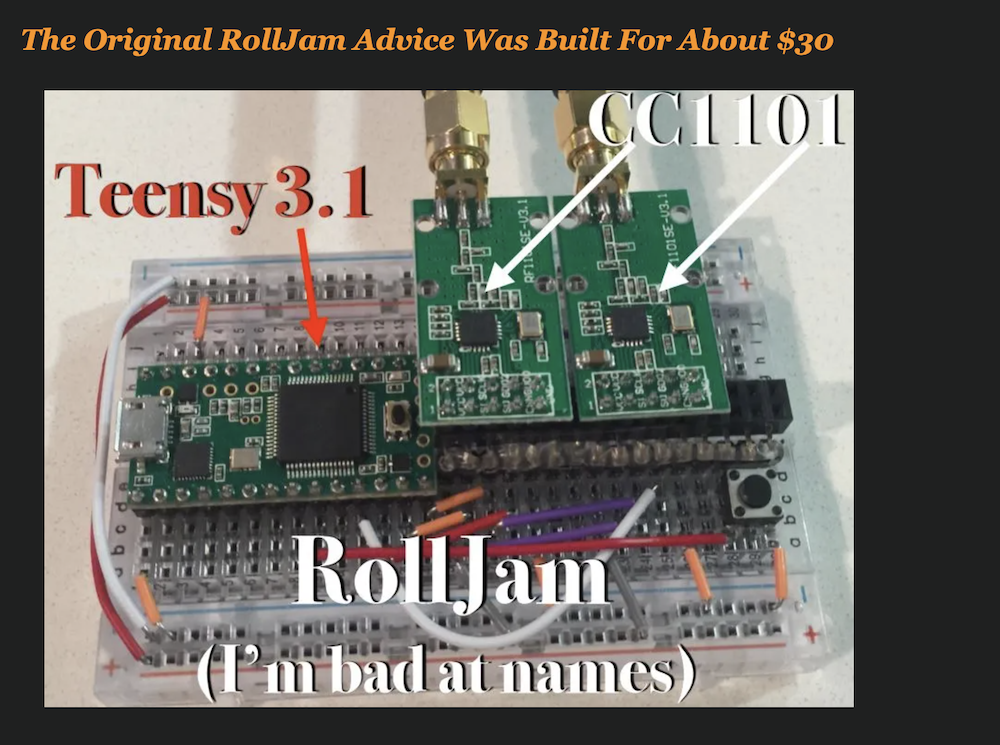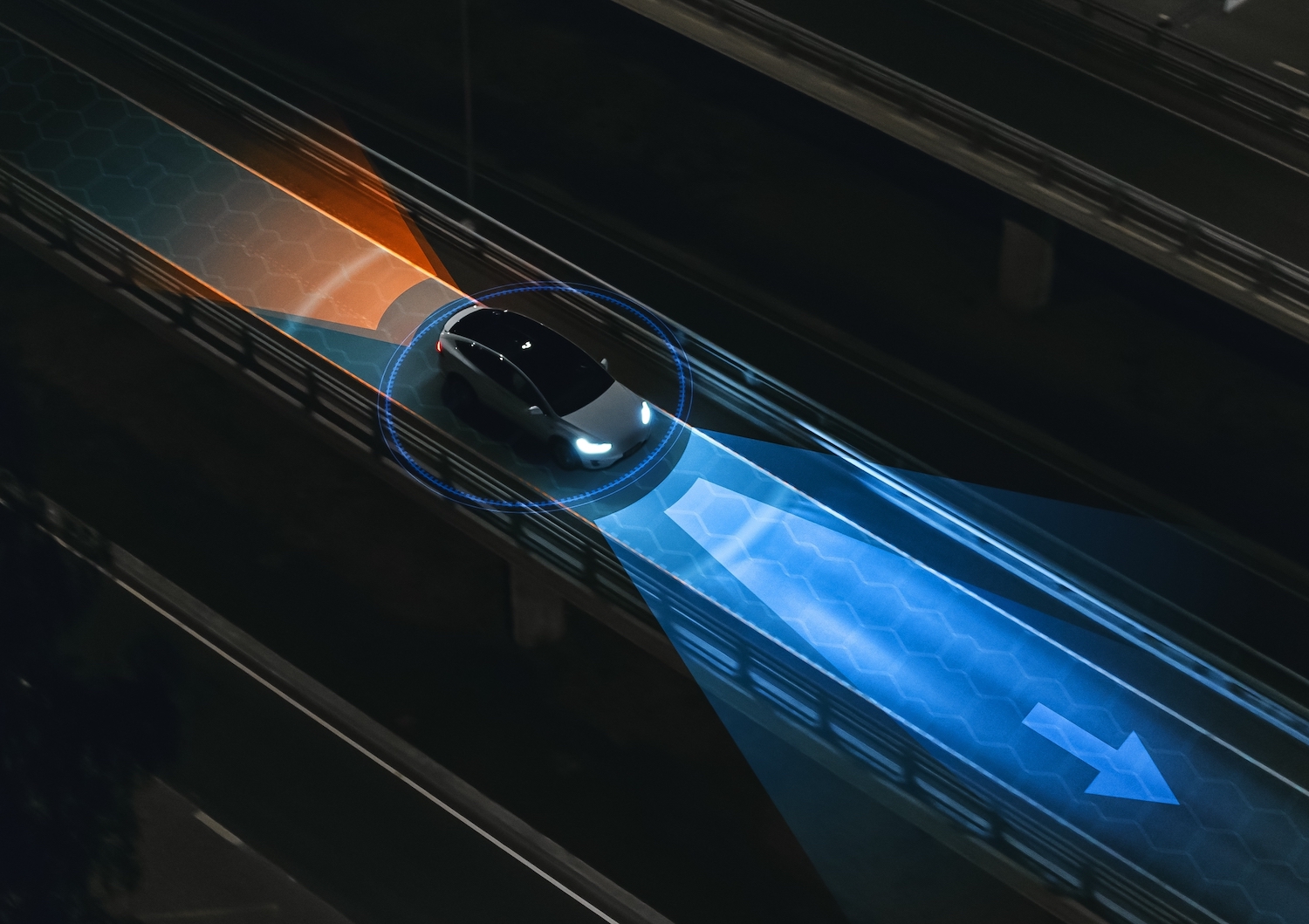South Africa may be ground zero for a new trend in credit card fraud. It’s happening in gas stations, supermarket parking lots and parking stations across the country.
It’s called Remote Jamming.
Remote jamming involves criminals interfering with the signal between a vehicle’s immobilizer and the car, preventing it from locking even when the owner activates the ‘lock’ button.
Thieves Resort To New Ways To Steal Valuables From Cars
Unsuspecting drivers think they have locked their vehicle but the car remains open since the signal was jammed from their FOB. After they leave, the thieves raid the car stealing the drivers wallets and other valuables. In many cases they are after credit cards which they quickly take to retail stores and wipe out the credit limits.
Just this last week, 3 suspects were arrested trying to use stolen cards they had obtained by remote jamming victims cars at gas stations in South Africa.
A Rising Crime That Is Predominantly Popular In South Africa
Remote Jamming is rising very rapidly in South Africa.
The latest crime data from the South African Police Service (SAPS) confirms this pattern, revealing 4,513 carjackings in in just the first quarter of 2021 – on pace to hit about 16,000 annually.
Since there is no forced entry, drivers oftentimes don’t even realize that they are victims of a crime for many hours later, which gives the criminals hours of lead time.
The victims are often shocked that their insurance policies won’t even cover the crime because many insurance policies cite that they only cover theft in the event of forced entry.
A Device Called The RollJam Was Created By A WhiteHat Hacker
The concept of jamming a car’s FOB is not new. In fact, in 2015 WhiteHat Hacker Sammy Kamkar created a device called the Rolljam – Check it out here.
The device enables the user to intercept and store keyless entry codes for cars and garages. For a cost of about $30, it gives users unfettered access to a persons car or garage, via stolen electronic codes.

Vehicle and garage door remote controls utilize rolling codes, distinct sequences of digits that alter with every lock/unlock button press.
Rolljam intercepts each transmitted signal from a wireless key. When you press the remote’s unlock button, the device obstructs the signal while simultaneously recording it.
As you press the button once more to lock or unlock the vehicle, Rolljam acquires an unused “access my car freely” code. By pressing a button on Rolljam, the door unlocks effortlessly.
Kamkar has successfully tested this method on brands such as Toyota, Ford, Volkswagen, Nissan, Chrysler, and Fiat.
You can download his slides where he shared how he had created the device here.
Avoid Being A Victim of Remote Jamming
There are some obvious ways to avoid becoming a victim of remote jamming.
- Listen and watch to make sure your car lock engages after you click the button. Most vehicles have both visual and audio queues for the drivers such as flashing lights or a car horn beep.
- Keep your eyes open for suspicious people lurking in the parking lot or hovering around. Most of the time remote jammers operate in teams so you may see people working together
- Park as close to building in well lighted areas as possible. Criminals like to operate in the shadows so try to park where they don’t want you too.
This is not a crime that appears to have made its way to the US yet but better to be safe than sorry!



